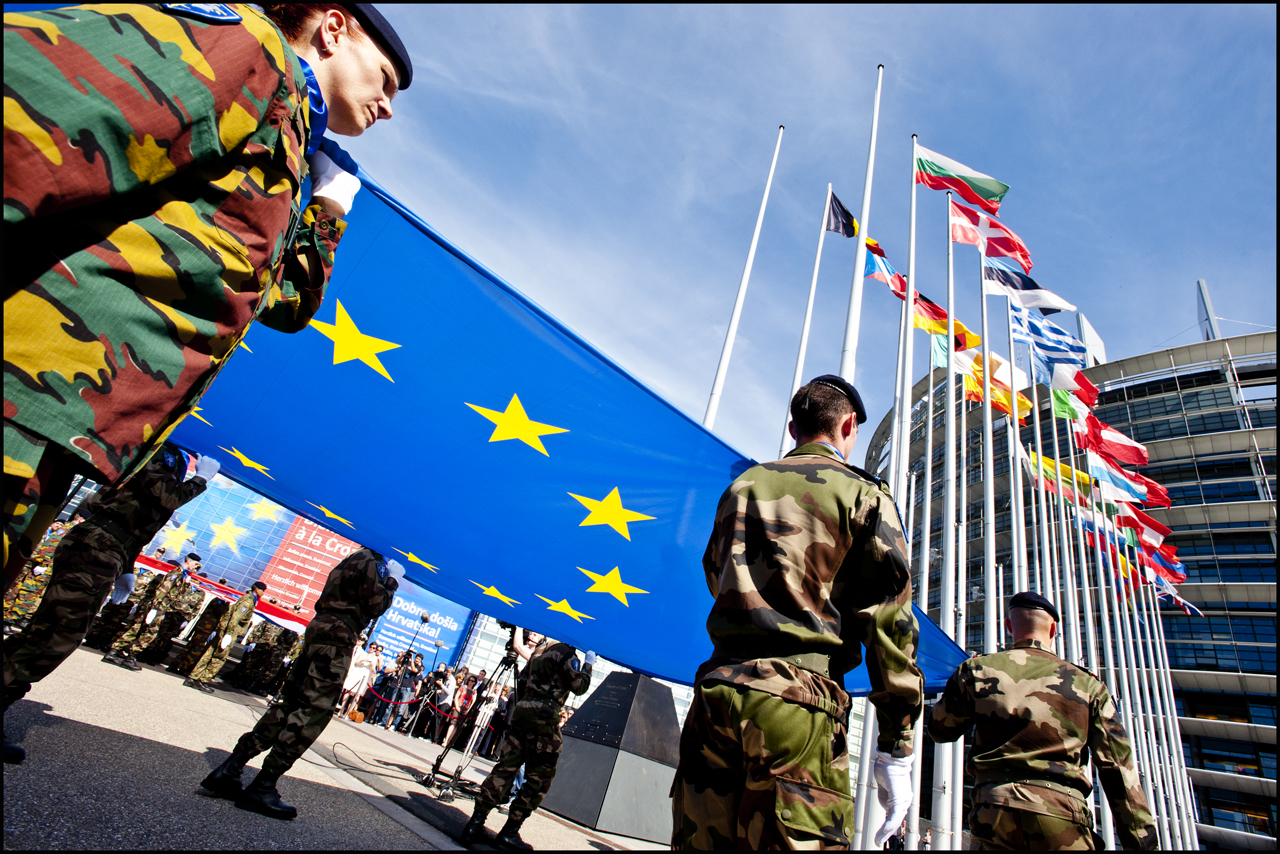Privacy professionals are saying the U.S. government is sending mixed encryption messages to technology companies. They build privacy and security by design in products and services, but leave them open to backdoor access by default. This issue became more prominent after an argument whether the Federal Bureau of Investigation (FBI) can force Apple, Inc. to unlock an iPhone used by one of the shooters involved in the San Bernardino terrorist attack.
On Feb. 16th, a federal judge ordered Apple to provide the FBI with software to disable the security feature that auto-erases the phone’s data after multiple incorrect attempts to enter the pass code. Demetrios Eleftheriou, Symantec Corp. global privacy director said, “It just seems like there’s a bit of an inconsistent message from the government. We have law enforcement on the one end saying you build back doors, they want broken by design.” On the other end are “the regulators saying you have to incorporate security by default, privacy by default in the product,” he said.
Eleftheriou asserts that the U.S. government needs to consider if their ambivalent stance on consumer encryption is compatible with the new European Union General Data Protection Regulation requirements for privacy by design and security by default. “A weakness is a weakness. It can be exploited by anybody.”
Will DeVries, Google Inc. privacy counsel said companies “want the process to be really clear, really defined and based on principles that we can apply globally to our services that actually make sense and keep us all safe.”DeVries believes the argument against accessing a terrorist’s phone is just one “red herring”. “We’re actually worried about the precedent of saying can you ask a tech company to undermine the security of devices that’s out in the public, not just for the device they’re talking but a security flaw that then can be used on any device,” DeVries said.
Companies can be ordered to assist with law enforcement to get at some data, Chris Jay Hoofnagle, member of the advisory board of Bloomberg BNA’s Privacy & Data Security Law Report, said. “Obviously, what makes this situation so dangerous and difficult is that the work the government would like Apple to do could be used prospectively and could be used to erode privacy and security in devices generally,” Hoofnagle said. The technology industry is at this point in time now where the devices can outsmart these forensic appliances so whatever happens paves the way for the future of device security.
Hoofnagle sees that this tinkers with the Fourth Amendment. “We might come to a world in the U.S. where we basically have different Fourth Amendment standards for the terrorism case where maybe we do feel as though the phone should be unlocked versus other types of crimes that aren’t as serious.”
Article via Bloomberg BNA, February 19, 2016
Photo: System Lock via Yuri Samoilov





